Investor-pitch contest produced by Seafood Trade Intelligence Portal
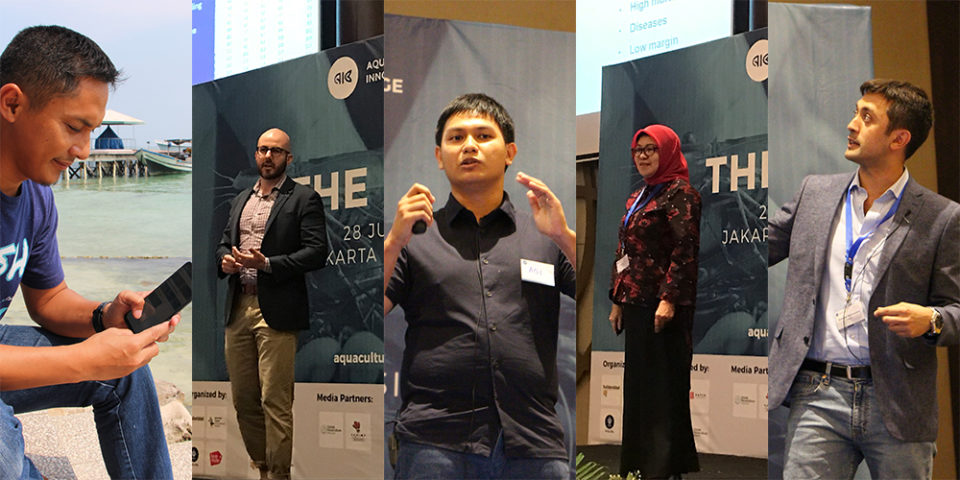
Indonesia was once one of the world’s leading shrimp producers but has receded to the middle of the pack. The Aquaculture Innovation Challenge – a contest organized by Netherlands-based Seafood Trade Intelligence Portal (STIP) and supported by numerous organizations including the Global Aquaculture Alliance (publisher of the Advocate) – sought to give the struggling sector a boost with some entrepreneurial passion.
Five early-stage companies with shrimp-farming innovations had an opportunity to showcase their business ideas to a wider audience and to attract collaborators and investors. They had progressed from an initial field of 50-plus applicants and, as STIP director Willem van der Pijl explained, were eager to take part in an exciting new form of funding: pitching for potential partners.
“People do not really like the idea of giving away money to NGOs and then just spending it in traditional programs. Private donors prefer to spend their money in another way,” said van der Pijl. “Competitions are a perfect tool, but the challenge is to continuously find new [companies] to participate. How big is that pond to fish in?”
In Indonesia, shrimp producers are struggling to keep up with other regions for a number of reasons, including disease, inconsistent availability of seedstock and geographical challenges unique to a nation comprising thousands of islands.
“They have problems, and problems need solutions,” said van der Pijl, adding that the vast majority of Indonesia’s shrimp farmers are smallholders with limited resources. Yet their importance to the global industry, he contended, is huge: “In salmon, you can say the top 20 companies produce 80 percent of the fish. But in shrimp the top 20 shrimp producers might have a 20 percent share, maximum. There are thousands of [smallholder] farmers in India, Bangladesh and Vietnam – they are this industry, I would say.”
STIP, which launched the AIC in 2017 in Vietnam, sees the contest as the result of an evolution in the way that prominent funders want to spend their money. Development funding is going down, said van der Pijl, but there remains a strong interest to invest in aquaculture, given the impact that it can have in terms of social and community development and food security.
With aid, and with NGO programs, it’s hard to have a practical impact that will create business opportunities.
For the 2019 AIC, two team members from the five finalist companies took part in a weeklong “boot camp” on the tiny but scenic Putri Island Resort, about a 90-minute boat ride from Jakarta, Indonesia’s largest city. They received coaching on presentation giving and public speaking; identifying problems and defining solutions in both technologies and markets; developing business plans with timebound goals; understanding their impact; and refining their investment requests. Their presentations at the final pitching event in Jakarta were evaluated by a panel of expert jurors.
Winner of the GAA prize: Seable
Shrimp hatcheries in Indonesia require a tremendous amount of hands-on work that many struggle to afford. Seable – a company that did not even have a name in the week before the AIC – impressed the jury with its idea for an automated feeder for larval shrimp. Feeding juvenile shrimp at this life stage requires hand-feeding six to eight times a day.
Small-scale shrimp hatcheries in Indonesia, explained CEO Anugerah Erlaut (Agi), have not yet adopted automation and must employ at minimum four people to carry out daily tasks, none more important than feeding, particularly after the shrimp hatch and enter the postlarvae stage.
“During this period the shrimps grow four-and-a-half thousand times in size in just 20 days. Can you imagine that? If you were to grow that much, imagine how much food it would take to get there,” said Agi, who was the hatchery manager at PT Prima Akuakultur Lestari for three years before starting Seable.
Inconsistent feeding regimens lead to poor postlarvae quality, he added, and is one of the major pain points for shrimp producers in Indonesia. Seable will seek to distribute its product through appointed distributors and is still seeking external partnerships to introduce its technology throughout Indonesia and beyond. Agi cited a GOAL survey from 2017 that found seedstock availability and quality was shrimp farmers’ second-biggest issue, globally, behind only disease. “I think farmers and hatchers both agree that PL quality is the No. 1 factor for farmers’ success.”
Winner of the Hatch prize: WETech
There are more than 18 million smallholder shrimp and fish producers in Southeast Asia, and they have a big problem, said Kamran Mahmudov, CEO and operations manager for WETech, a company based in Toronto, Canada.
“They cannot adopt aeration technologies because these require power and are expensive,” he said. But his company’s solar-powered, maintenance free alternative to the common paddlewheel system can help them increase their ponds’ productivity by increasing levels of dissolved oxygen.
SUPA is a simple system with just two parts, a solar collector made of glass and a draft tube made of metal. The device captures sunlight, making water in the draft tube warmer, and thus lighter, creating a natural, electricity-free method of increasing dissolved oxygen. Mahmudov said that 55 units are already in place on carp farms in Bangladesh, which are reporting an average of 30 percent increase in dissolved oxygen levels.
Because the design is so simple and the raw materials are commonplace and recyclable, manufacturing can be done in close proximity to farms, leading to employment opportunities, said Mahmudov. The company plans to test the system on shrimp farms in Indonesia and ultimately establish distribution partnerships with feed companies “because farmers know them.”
WETech won a place in the next Hatch cohort, an immersive 15-week mentor-driven program that comes with a €50,000 cash investment.
Runners-up: Wittaya Aqua, Vitomolt and Venambak
Evan Hall, co-founder of Wittaya Aqua, based in Toronto, Canada, pitched the company’s farm-management system, which aims to get farmers to ditch their pen-and-paper or spreadsheet-based recordkeeping systems for a dynamic, online version that can help producers use their considerable amounts of data more efficiently.
Hall estimated that the global shrimp industry loses up to $8 billion annually due to poor data management and analysis. “Imagine a world where farms could do all their data analysis imaginable at the tips of their fingers,” said Hall. “That’s exactly what we’ve done.”
Prof. Yushinta Fujaya is a lecturer at Hasanuddin University in Indonesdia and is a softshell crab producer as well. Her company Vitomolt has developed an all-natural herbal extract that, when administered to crabs in powder form in small amounts in their feed, prompts molting and promotes faster growth. While her study results show 20 percent faster growth in crabs, Vitomolt is seeking partners in the shrimp industry to test its applicability for that sector.
Lastly, Achmad Jerry presented his company’s affordable ammonia reducer for aquaculture ponds. Venambak uses a filtration system to lower a pond’s waste load and speed up the decomposition process before the effluent is discharged into the environment, thus reducing producers’ environmental impact. This miniature recirculating aquaculture system (RAS) can work with biofloc systems, he said. The company plans to use a “technology rent” revenue model in which users pay a subscription fee; it is seeking partnerships with water-quality monitoring companies and feed manufacturers.
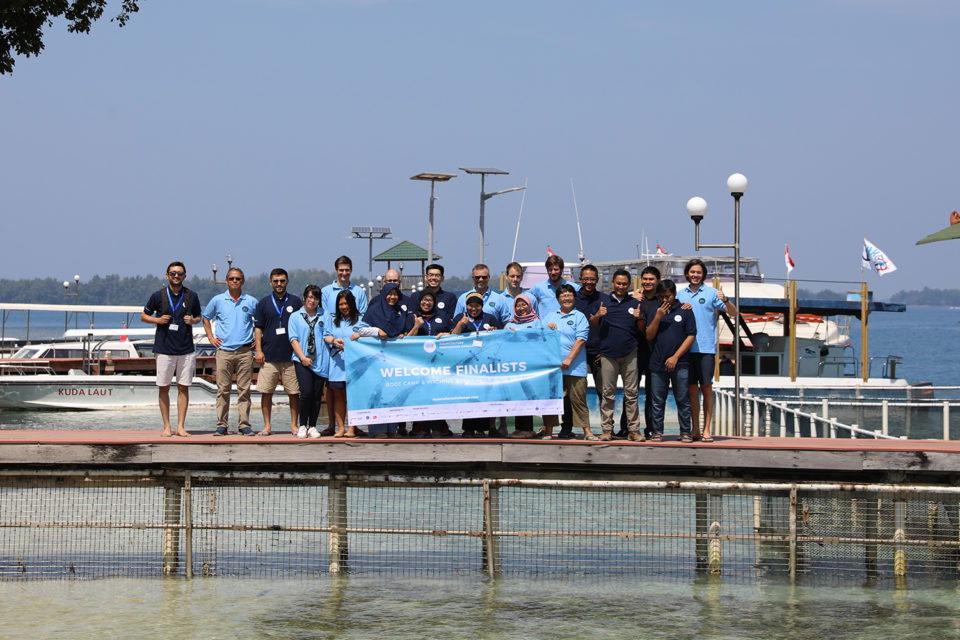
Words from the coaches
Alban Caratis, aquaculture manager for Fresh Studio, a Ho Chi Minh City, Vietnam-based consulting firm that organized the first AIC in HCMC in 2017, said the contest brings impact and change to areas that need it most by encouraging business development. Throughout Asia, he said, there are lots of young entrepreneurs with great ideas that nonetheless fail because they did not generate enough capital nor establish the necessary connections to grow their businesses.
“We need practical solutions from companies that we can partner with. For us, it’s a mission to help [early-stage companies] get kickstarted so they can enroll in an accelerator like Hatch or simply meet up with a large feed company, for example,” said Caratis, who hopes that a future challenge can be set in Myanmar, another country where Fresh Studio operates, or in India. “Asia is quite diverse and quite large. With aid, and with NGO programs, it’s hard to have a practical impact that will create business opportunities.”
Tom Prins, deal flow manager for Netherlands-based investment firm Aqua-Spark, said he was impressed with the progress that the teams made in just four days. Aqua-Spark is always looking for the right product-market fit, and how the problem-solution equation is defined. To that end, the finalists made major improvements, even if the language barrier was an obstacle for them.
“In general, the teams were open to advice, whether they understood it or not,” he said. “If you talk about what we’re looking for, that is what we’d like to see – someone willing to learn and open to external input. We would typically not invest in companies at this stage. But this for us is the start of building a long-term relationship with these companies. I’ll be following them for years to come, to identify a moment when we could actually invest.”
Follow the Advocate on Twitter @GAA_Advocate
Now that you've reached the end of the article ...
… please consider supporting GSA’s mission to advance responsible seafood practices through education, advocacy and third-party assurances. The Advocate aims to document the evolution of responsible seafood practices and share the expansive knowledge of our vast network of contributors.
By becoming a Global Seafood Alliance member, you’re ensuring that all of the pre-competitive work we do through member benefits, resources and events can continue. Individual membership costs just $50 a year.
Not a GSA member? Join us.
Author
-
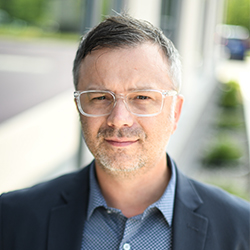
James Wright
Editorial Manager
Global Aquaculture Alliance
Portsmouth, NH, USA
Related Posts
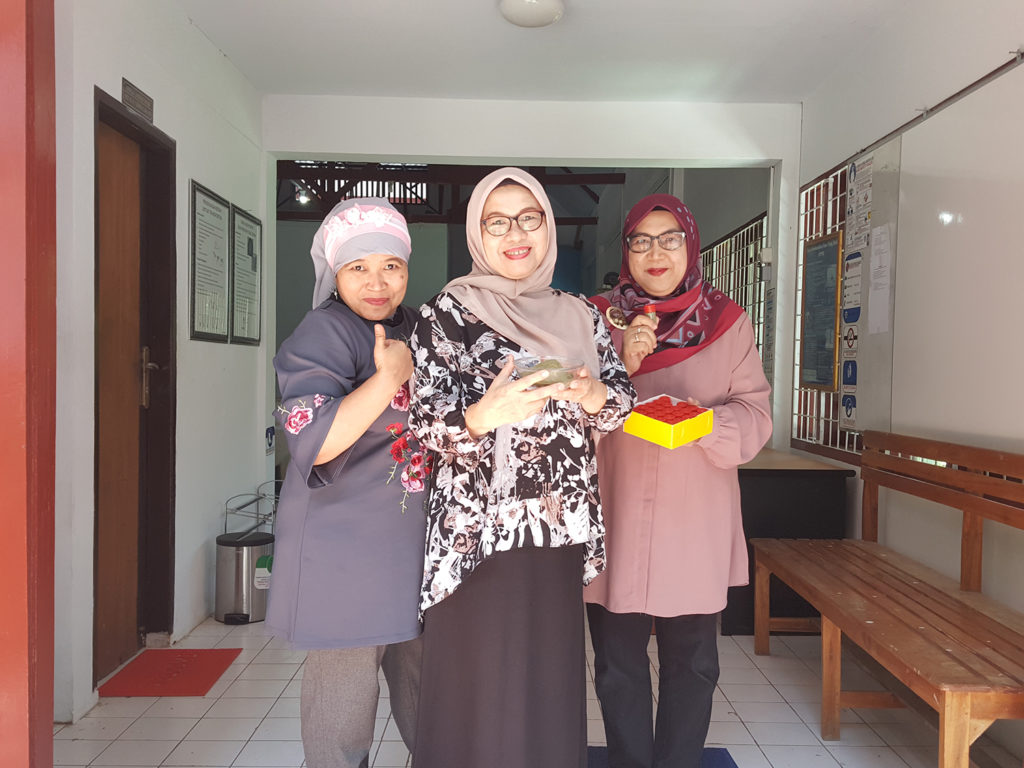
Innovation & Investment
Innovation in Indonesia: Challenge speeds the path to implementation
The Aquaculture Innovation Challenge finds sustainable innovations and helps developers gain access to the knowledge, networks and capital needed to grow.
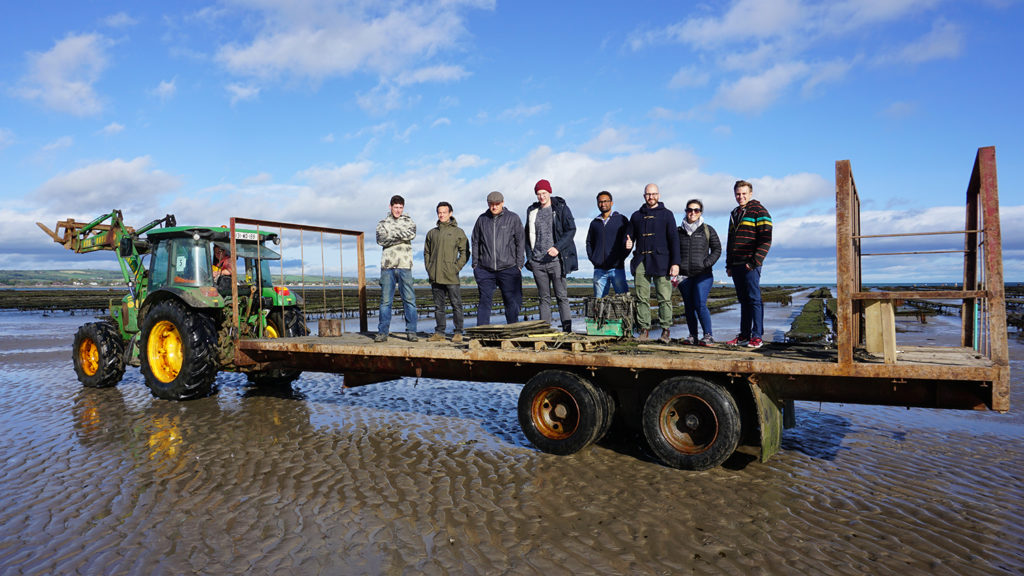
Innovation & Investment
Entrepreneurs need toughness, commitment to thrive in Hatch
For entrepreneurs in the Hatch accelerator program, the process of attracting investors to herald a new growth curve is an intense and immersive one.
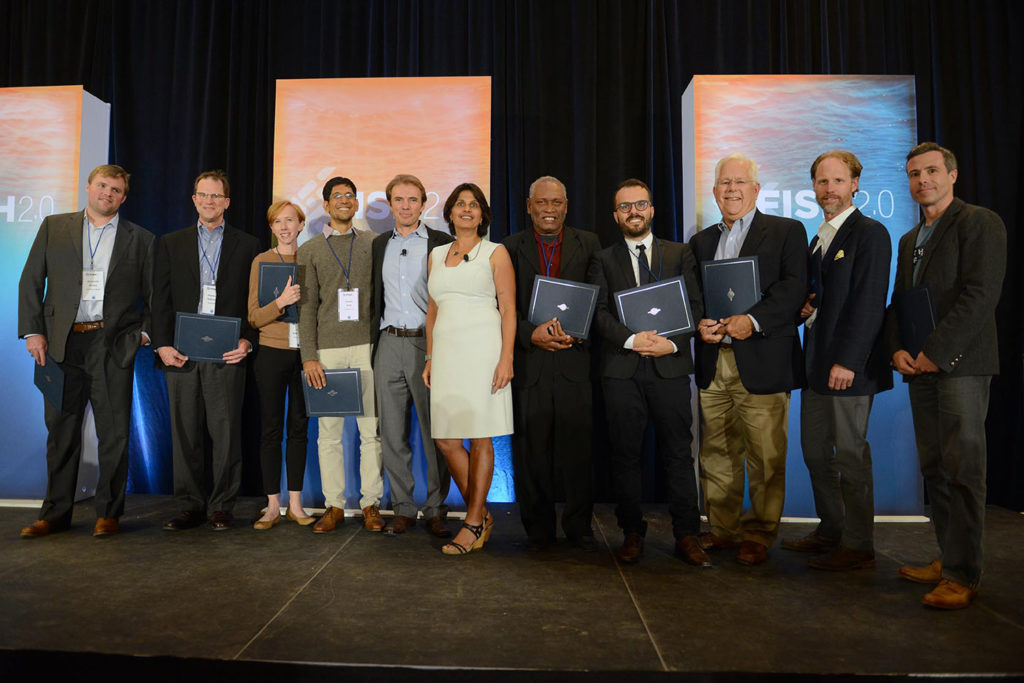
Innovation & Investment
Aquaculture innovators come out of their shells at Fish 2.0
Biannual conference/competition showcased 40 new seafood businesses, or related services, from around the world. Winners were chosen on the strength of the opportunity, meaningful impact and compelling leadership and presentation.
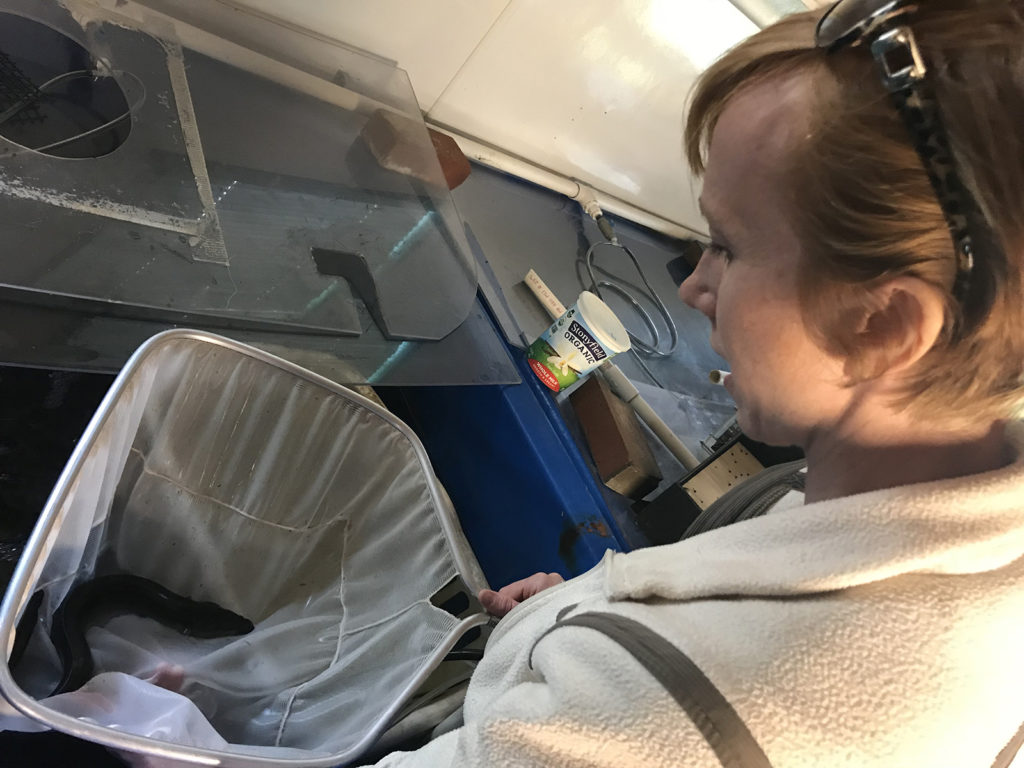
Innovation & Investment
American Unagi brings eel farming back ‘home’
Sara Rademaker launched American Unagi to shift eel farming to American soil, where the eels are from. Why? Because of the novelty, and because she saw an opportunity to do things better.

